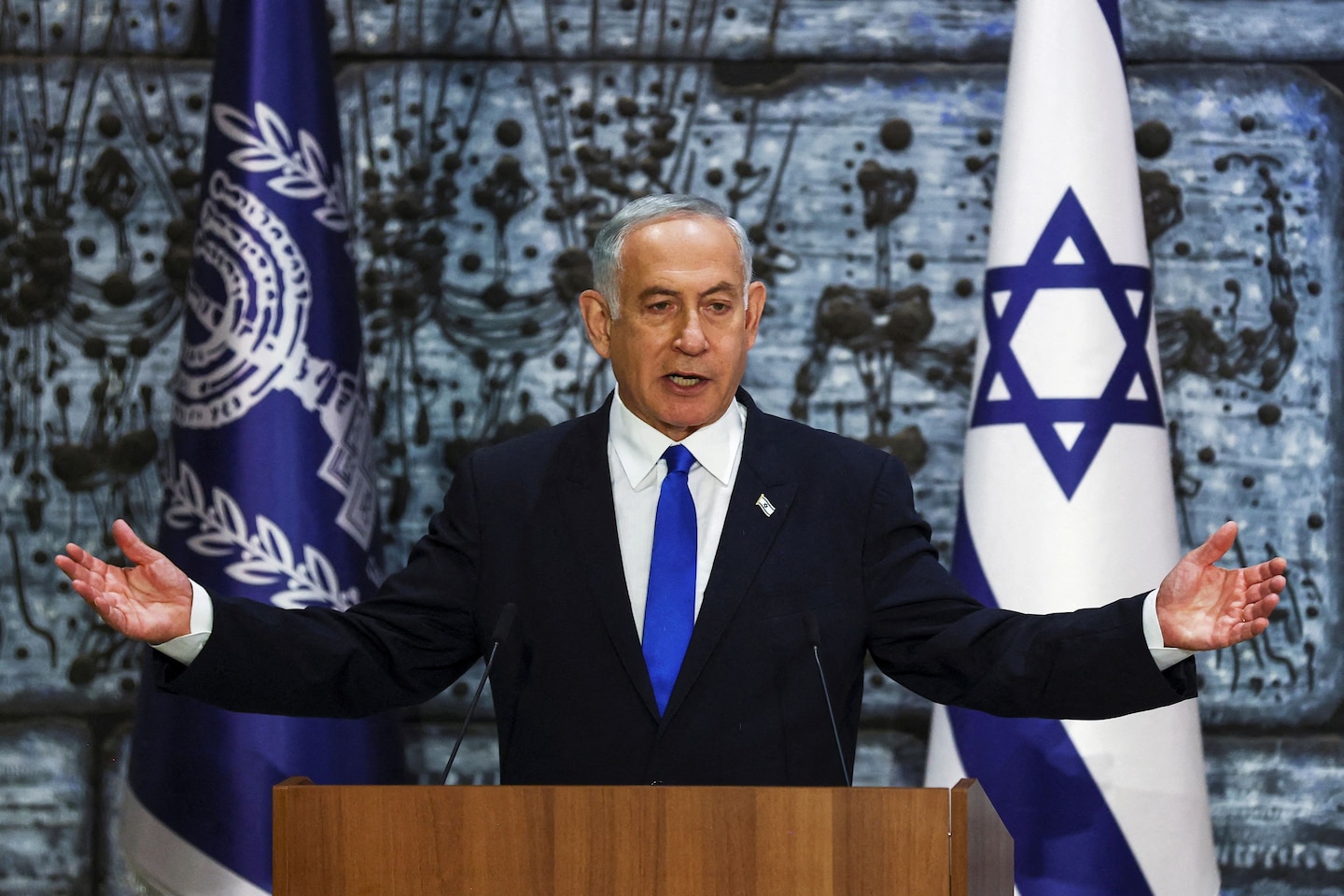Netanyahu’s right-wing Likud party has in recent years been the largest in Israeli politics, and was able to clinch 64 out of 120 Knesset seats in the recent round of elections due to the support of ultra-Orthodox and newly united far-right parties.
But his extremist, ideologically driven allies have made demands that have held up coalition negotiations, and forced Netanyahu to request an extension to his four-week mandate to form a government.
On Dec. 9, Herzog granted Netanyahu a 10-day extension, with the caveat that the new government must respect the rights of minorities and that it “must preserve the powerful bond with the Jewish Diaspora.”
Netanyahu’s ultranationalist, ultra Orthodox political allies have announced plans to change the Law of Return, a 1950 law that guarantees citizenship for all Jews, from any country in the world, who can prove to have at least one Jewish grandparent and which is widely seen as a fundamental legislative framework through which Israel supports the diversity of the world Jewish community.
Other radical far-right coalition members have called to legitimize Israeli settlements in the West Bank in a way that operationally, if not legally, sets the stage for Israeli annexation of that disputed territory, and would signal the end of any prospects for a two-state solution, in which a Palestinian state would exist alongside Israel.
As the Israeli-Palestinian conflict trudges on, members have also advocated changing the status quo on the Temple Mount, the flash point holy site in Jerusalem’s Old City that has for decades been central to both the Israeli and Palestinian battles for sovereignty.



